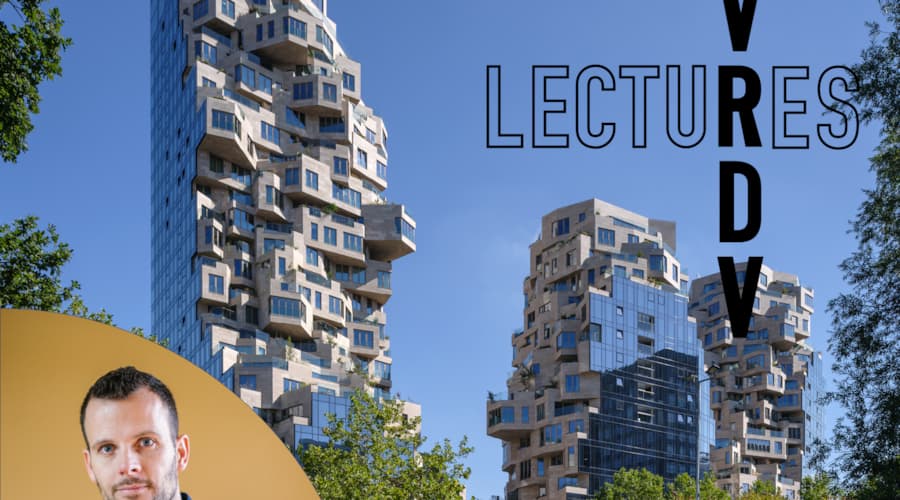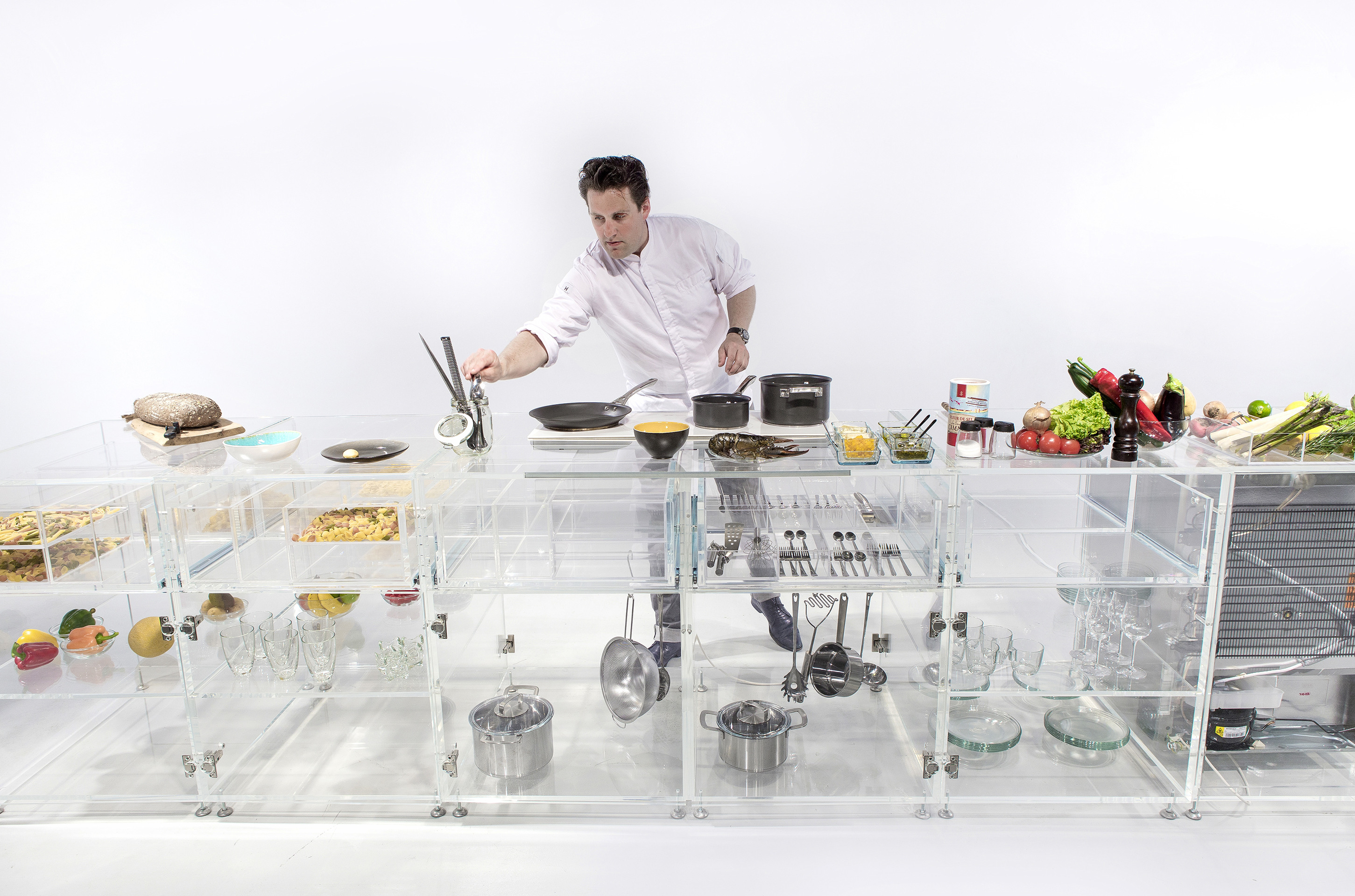
Infinity Kitchen
MVRDV designed a fully transparent kitchen as part of a satellite event for the Venice Biennale. The installation takes the typical modern day modular kitchen and looks at progressing the typology to improving the culinary experience. The Infinity Kitchen wants to make better cuisine, better food preparation practices and it wants raise awareness for the one room that we all rely so heavily on, and the processes that go on inside of it.
Transparent surfaces, shelves, cupboards, taps and utensils come together to give a new insight into food production, storage, and the processes that go on in our kitchens. Instead of hiding both the ugly and beautiful sides of food preparation, the Infinity Kitchen exposes all in a way to give more control to the user who can now monitor everything. MVRDV’s design aims to act as a showcase to test the individual elements in the kitchen, visitors to the exhibition will be able to see how, through their invisibility, the entire kitchen catalogue functions.
How much food do we have hidden away? How much waste is really been created? Is the kitchen really as clean as we like to think it is? But it also wants to do one main thing, celebrate food and cooking.
“If we imagine everything is transparent clear and clean, doesn’t it mean that the only thing that is colourful and visible is our food,” describes MVRDV co-founder Winy Maas. “Doesn’t it then imply that we are encouraged to love the food, in that way, and that maybe it even becomes more healthy, if not sexy?”
“I see this as part of a wider dream, this kitchen. It is part of an environment, if not a city, that is transparent and therefore accessible.” Says Winy Maas, “Imagine if not only our kitchens were transparent, but the walls through to the neighbour and the next neighbour even. This would create infinite perspectives in our cities. It would make within our claustrophobic environments possibly a view, into the direction of the mountains or the sea.”
The Kitchen Home Project is an initiative which looks to imagine the next step of our living environments, taking the accepted norms of today and pushing these to find new and better solutions. MVRDV worked closely with Weng Ling from the Beijing Centre for the Arts and were participating in the event as part of their commitment to both Asian and European architecture. MVRDV and the BCA have had a long collaboration since 2002, focusing on urban environment and culture. Aside from the Infinity Kitchen, the exhibition also included installations from Japanese architect Kengo Kuma, and Hong Kong based media artist Au Yeung Ying Chai.
Gallery

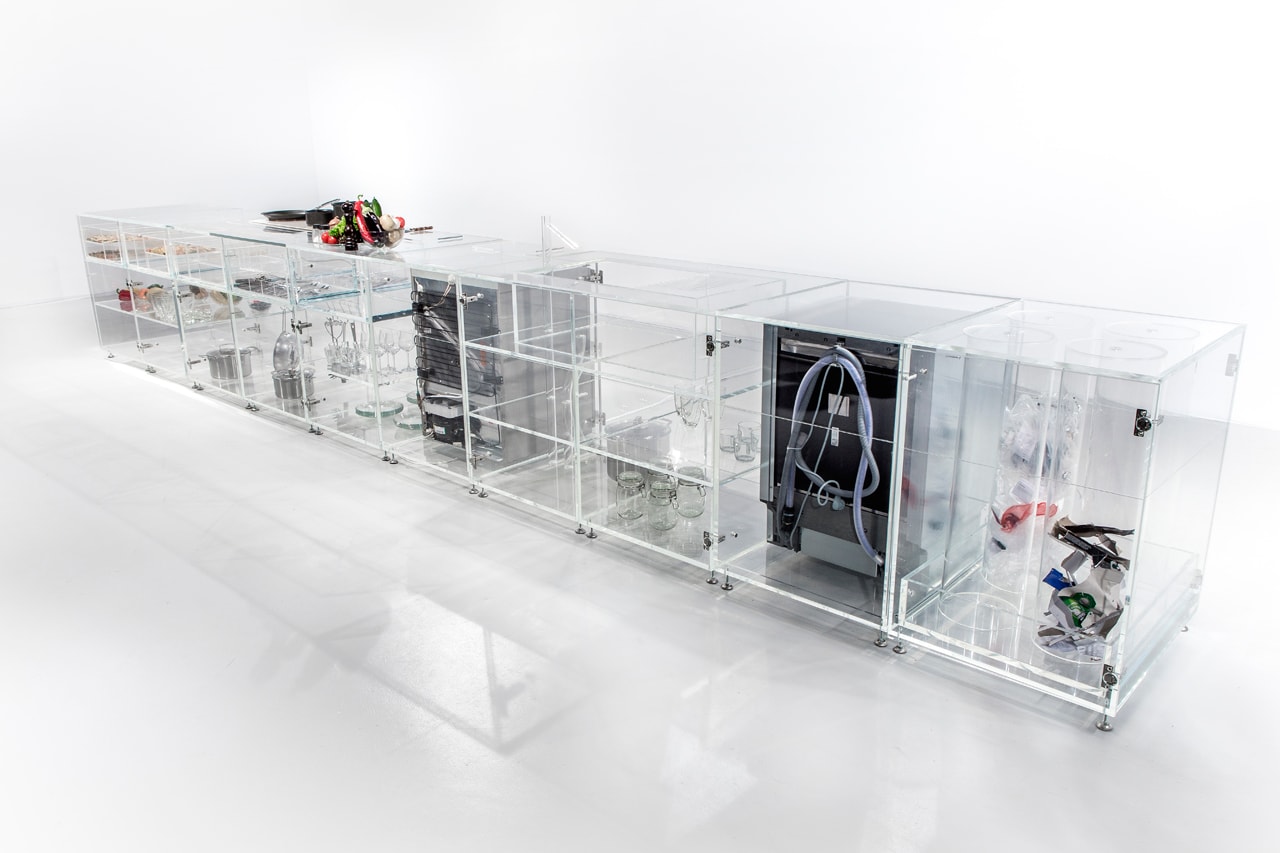
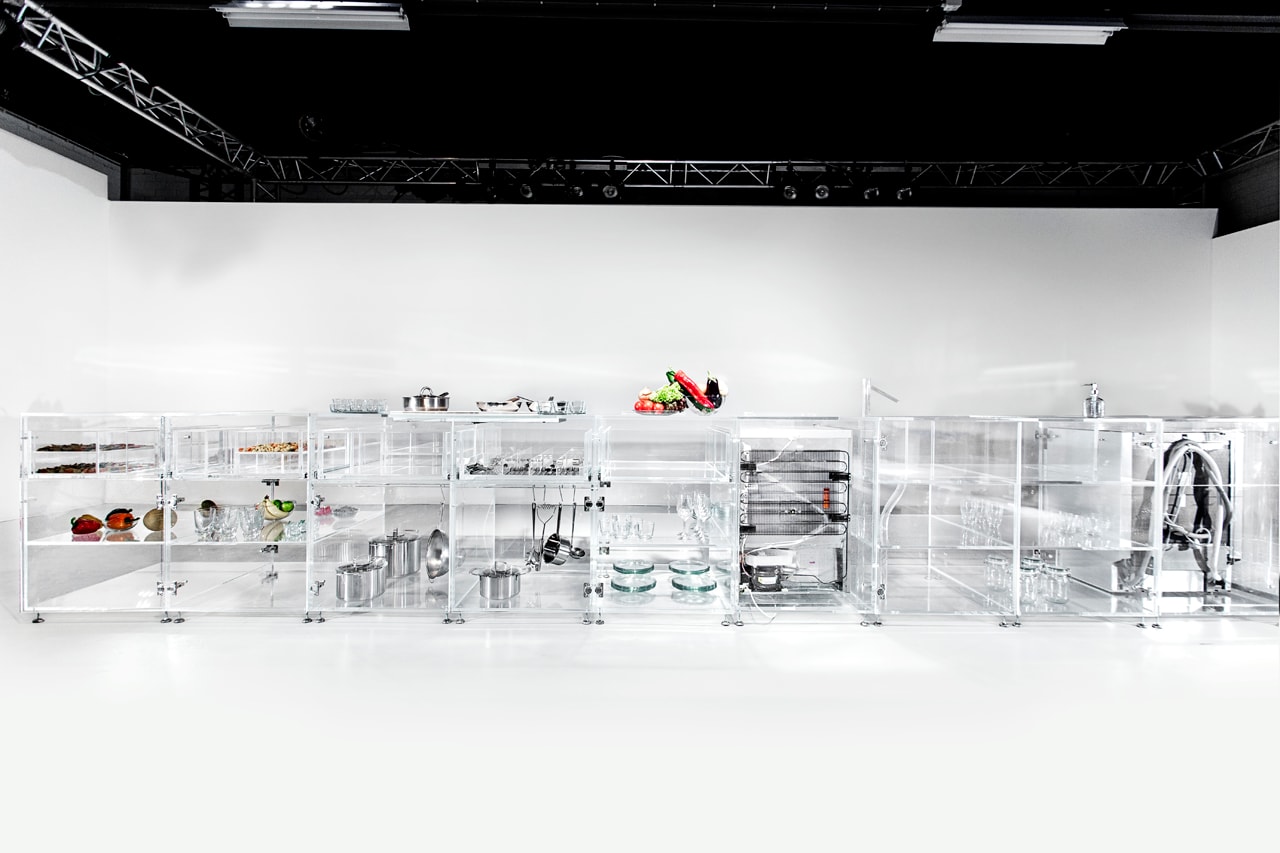
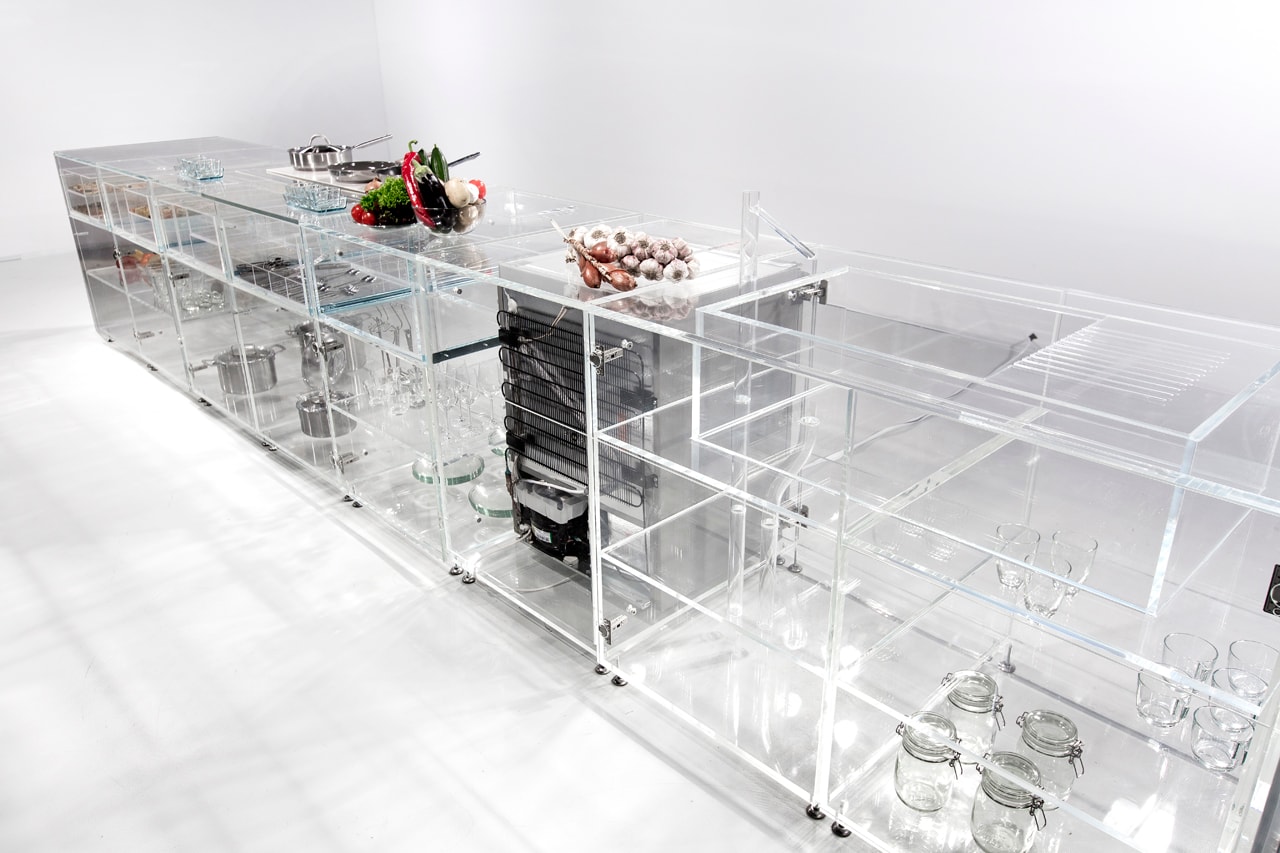
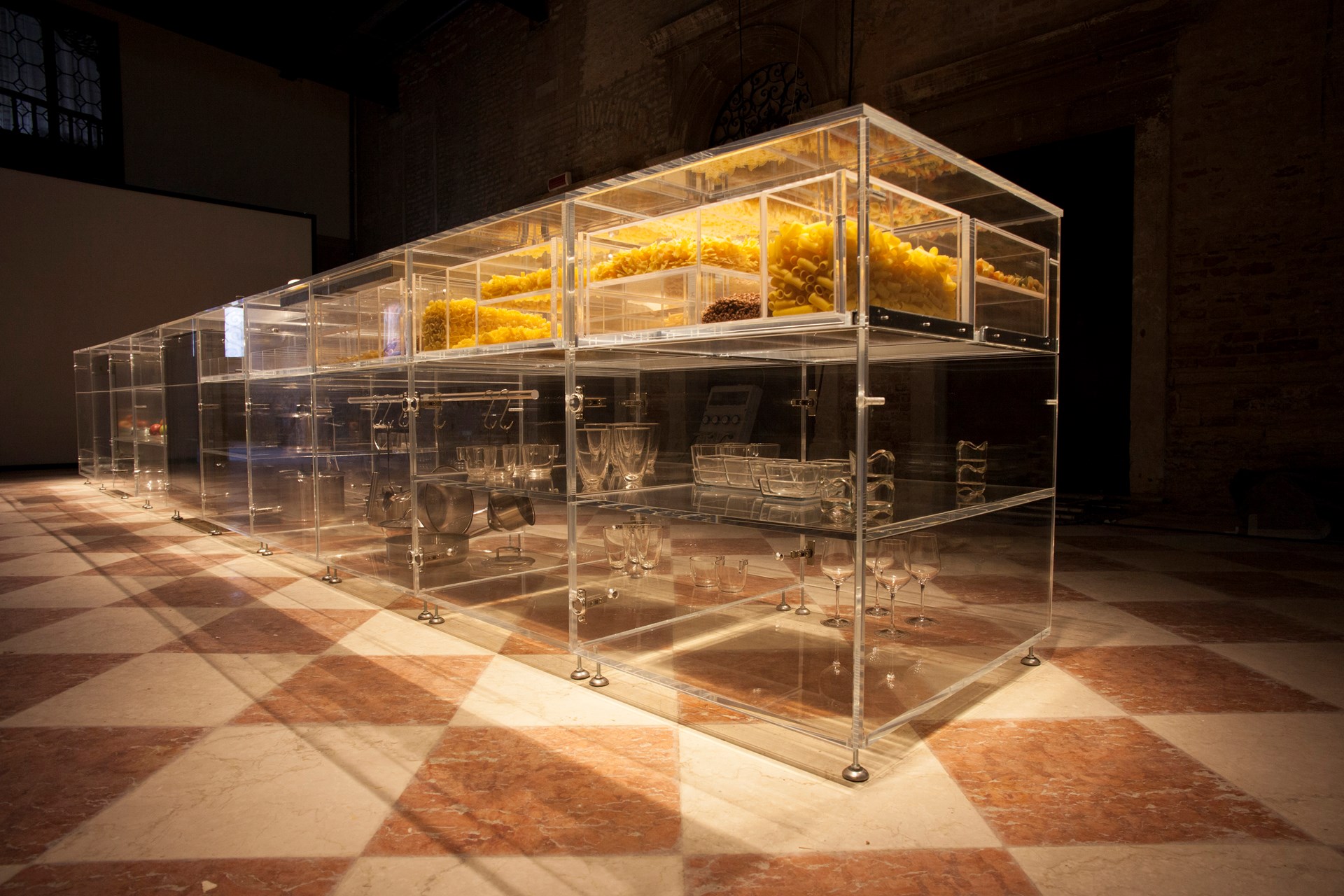
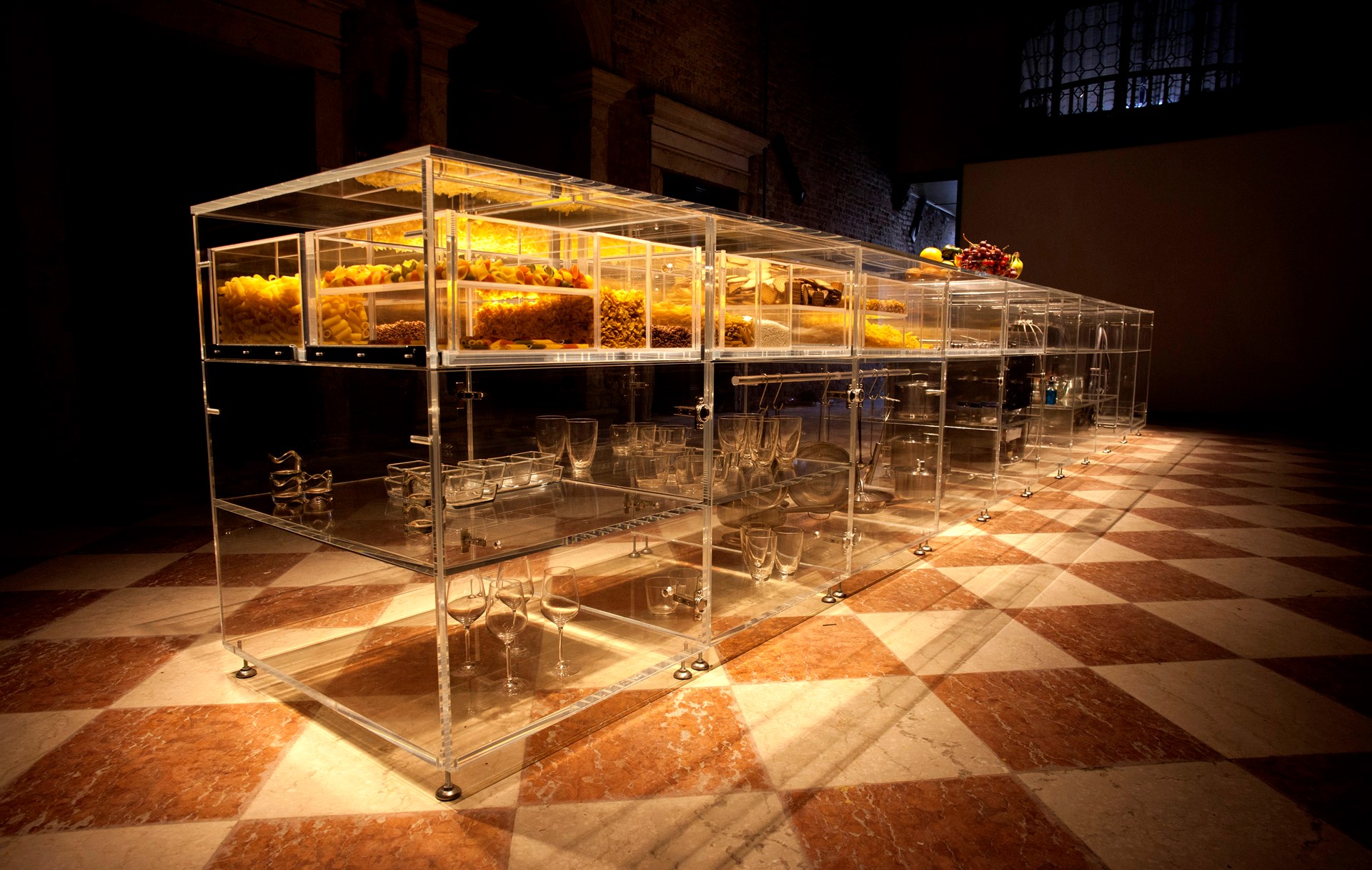
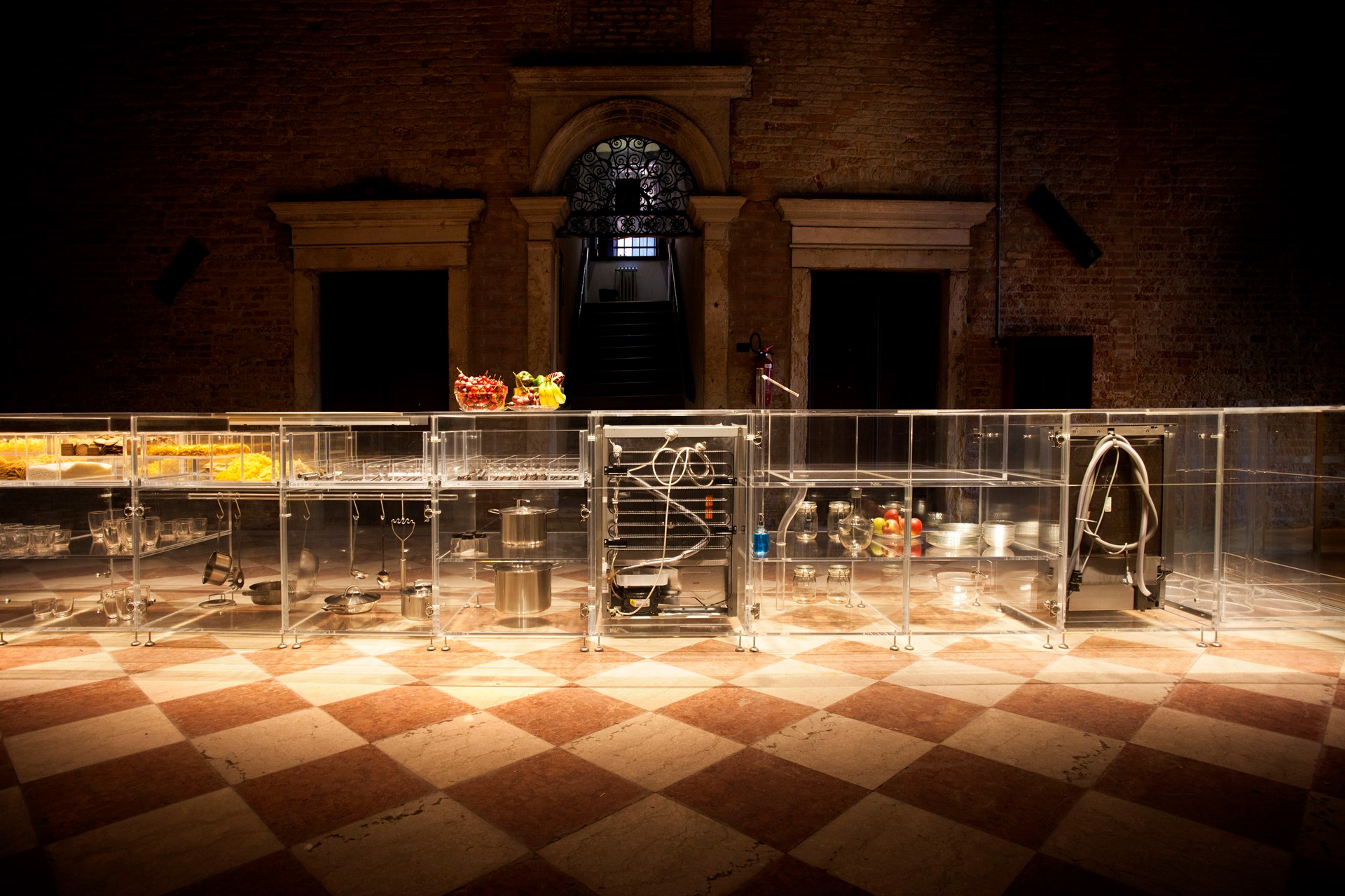
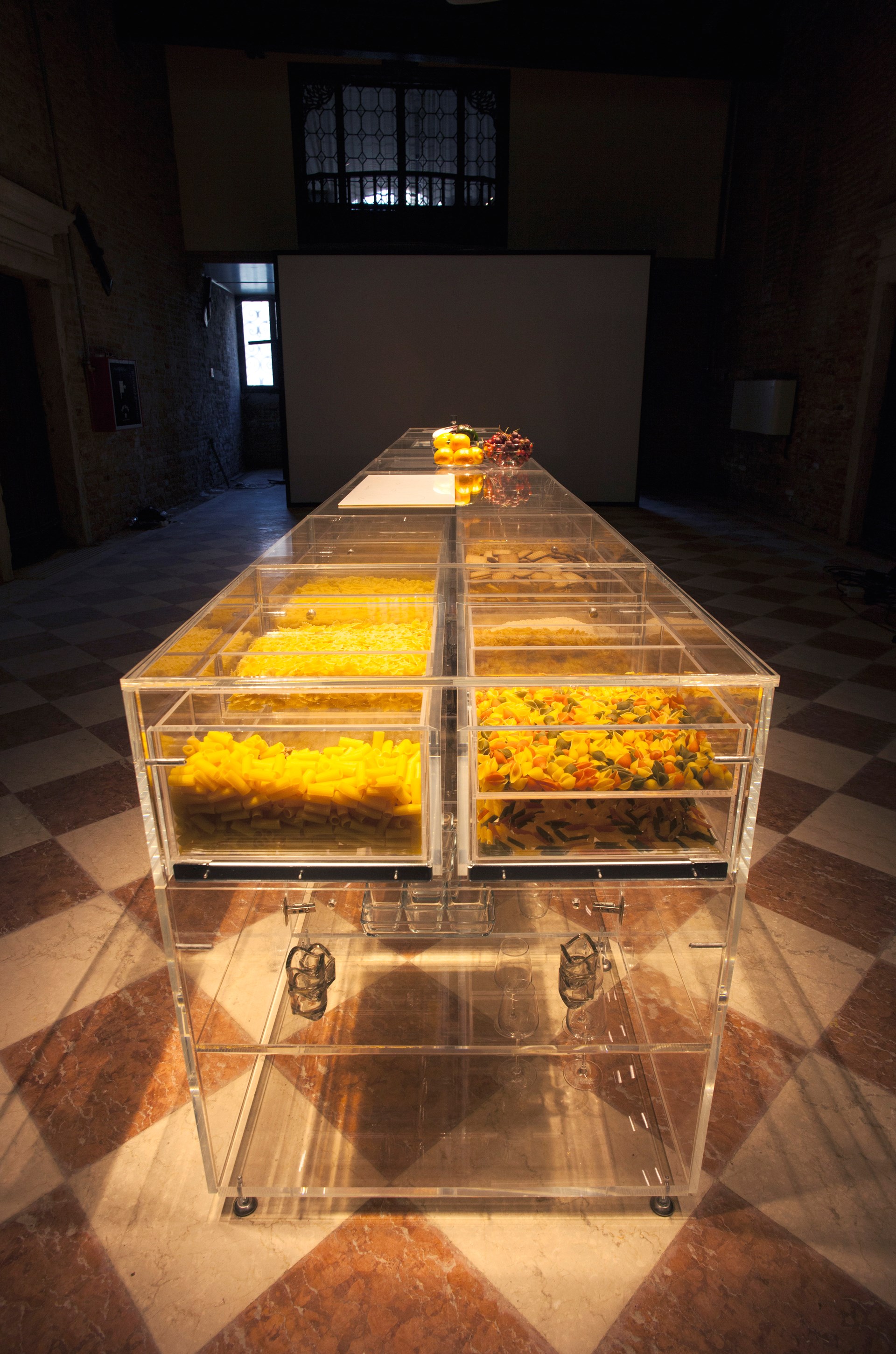
.jpg)
Credits
- Architect
- Principal in charge
- Partner
- Design Team
- Strategy & Development
- Partners
.jpg?width=900&quality=75)
.jpg?width=300&height=300&quality=75)
.jpg?width=300&height=300&quality=75)
(1).jpg?width=900&height=500&quality=75&mode=crop&scale=both)
